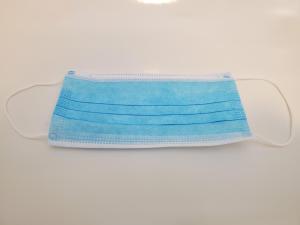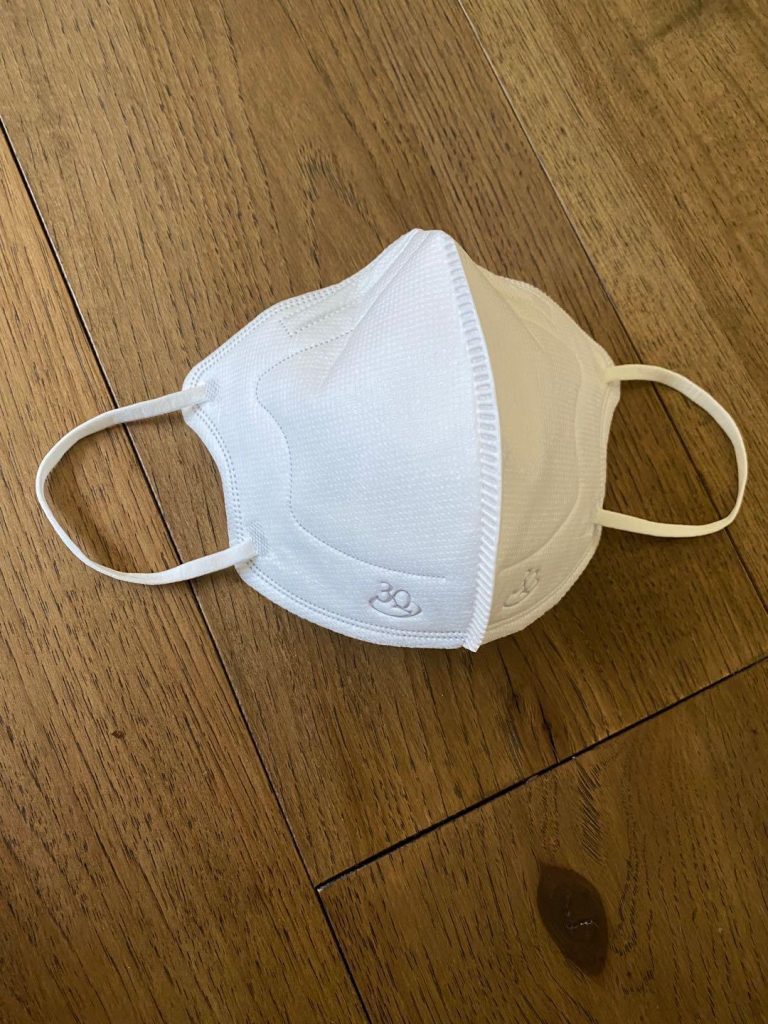Faculty and staff at the University of Alberta have started making 3D-printed face shields in hopes of helping facilities keep up stocks of personal protective equipment (PPE) through the COVID-19 pandemic.
The group behind the project is made up of clinicians, engineers, and designers working alongside Alberta Health Services to make 2,000 face shields that are reusable and safe.
Alberta Health officials expect the number of COVID-19 cases to peak in mid-May. The team at the U of A stated that it is racing to create the PPE to give to health-care workers.

The group shared that an initial batch has already been piloted at the University of Alberta Hospital for feedback from health-care workers.
If AHS does not end up needing the face shields right away, the PPE will be rerouted to Alberta nursing homes. The team will work with AHS to develop a protocol to safely use and clean the reusable face shields.
For more information about this story, click here.
LEARN MORE
Check out the available face masks for sales by visiting our face mask sale page.
https://www.cdc.gov/coronavirus/2019-ncov/prevent-getting-sick/about-face-coverings.html
https://www.cdc.gov/coronavirus/2019-ncov/prevent-getting-sick/diy-cloth-face-coverings.html

